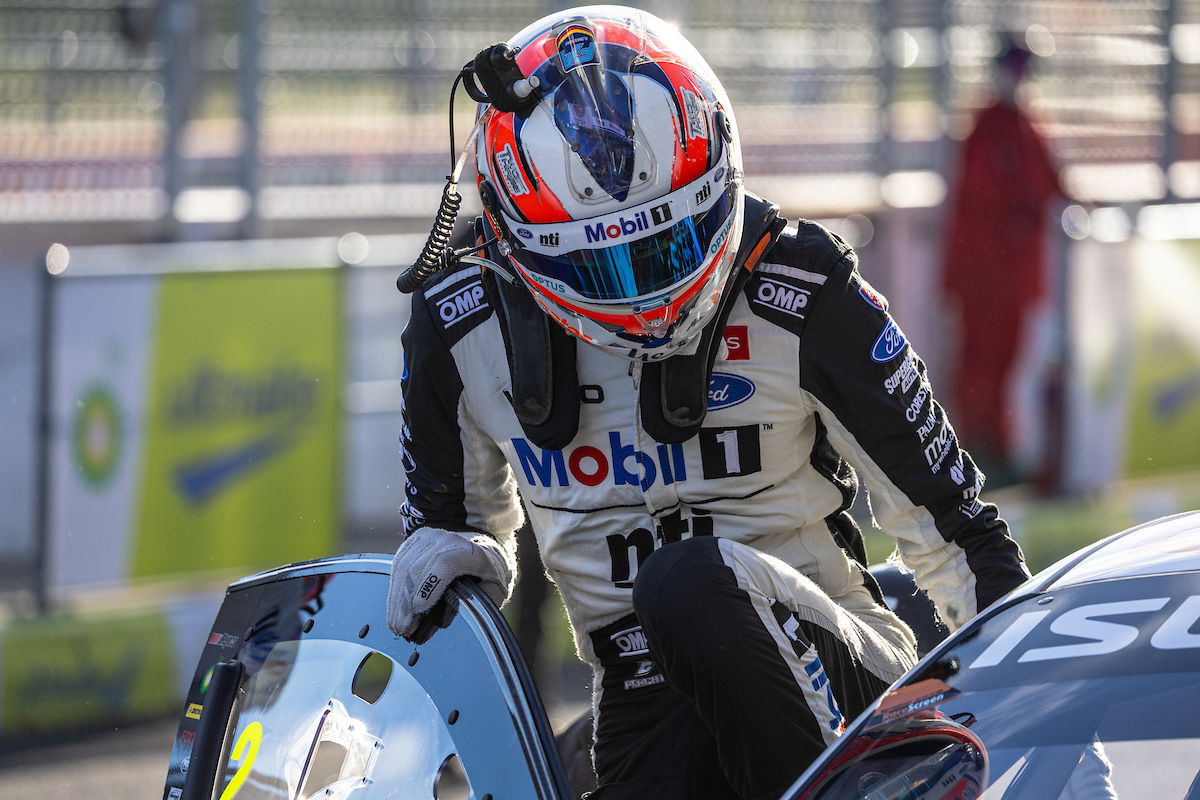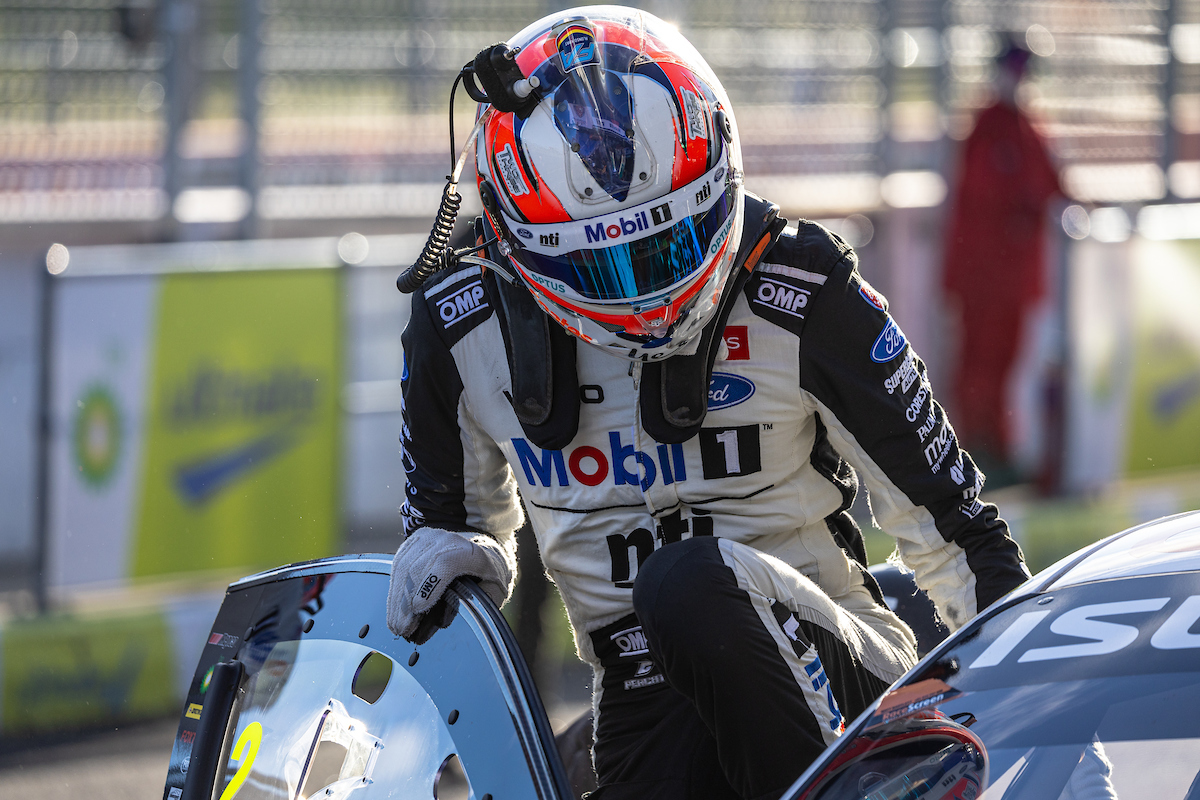

The approval process of primary drivers starting the Supercars endurance race sparked confusion in Adelaide – so here’s how it works.
On the eve of the Adelaide 500 it came to light that Supercars is looking to effectively ban co-drivers from starting the endurance races.
The reason behind the proposed ban is centred around the Bathurst 1000 race start and ensuring that the star drivers are in the cars for one of the most visible moments, in terms of casual audience, of the year.
While it is clearly the preference for Supercars, the move appears to be unpopular among teams and drivers.
Chaz Mostert made that abundantly clear in Adelaide when he claimed the change would be “crazy” and rob the Great Race of a key strategic element.
The reaction from several team bosses was even more curious, particularly when Erebus CEO Barry Ryan claimed that the ban hadn’t met Supercars Commission approval – despite confirmation from Supercars that the decision was heading to the the Board.
“The Commission didn’t approve it,” he said. “It was discussed and I was one of the biggest ones who said, ‘don’t tell us what to do with our teams. We should just be able to choose what we do with our teams.”
The insinuation that media reports were wide of the mark was wrong, given the information had come directly from Supercars, but at the same time Ryan was right in that the Commission didn’t approve the concept in any way.
It appears that a number – most likely the majority – of team representatives, led by Ryan, voiced disapproval, with the final outcome that the matter would be discussed again at the next Commission meeting.
The reason that it could still be fast-tracked to the Board, despite not meeting universal approval from the Commission, is that it doesn’t actually need to be signed off at Commission level.
According to informed sources, there are two separate processes for in-season changes, and changes aimed at the following season.
Should Supercars had wanted to consider this rule change earlier this year for the 2023 running of the endurance races, 75 percent of the team owners would have needed to approve.
However, as this is a change being considered for next year, it only requires discussion at Commission level.
The outcome of the discussion is then effectively irrelevant beyond consideration from the Board, with the Board still free to approve it.
That appears to be where the confusion came from in Adelaide, with the rule both seemingly bound for the Board, without any formal approval from the Commission.




















Discussion about this post